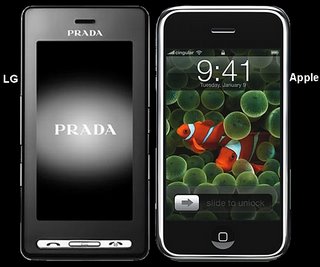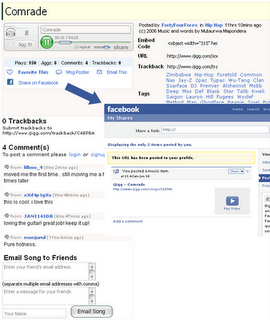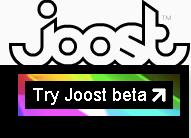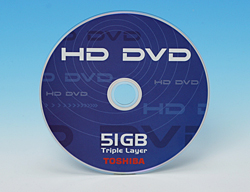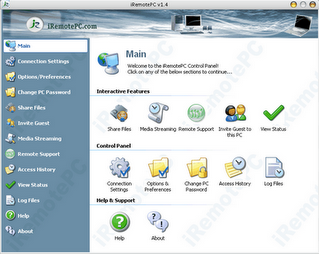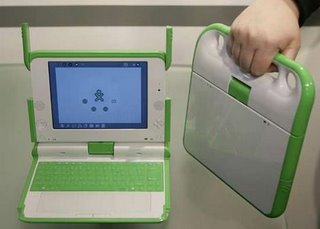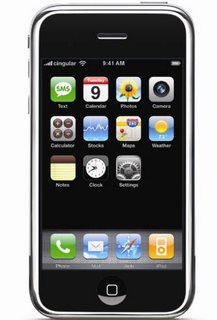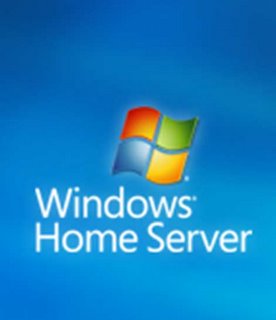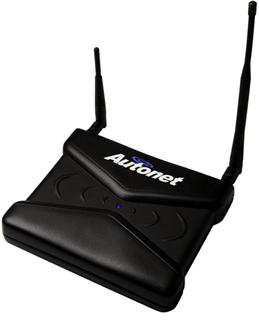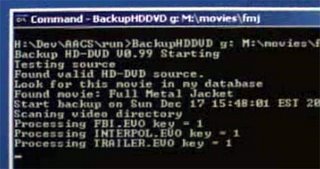Wi-Fi hot spots are now almost everywhere, in airports, restaurants, cafes etc.. Unfortunately, that also means ubiquitous security risks. Connecting to a hot spot can be an open invitation to danger. Hot spots are public, open networks that practically invite hacking and snooping. This could allow anyone nearby to capture your packets and snoop on everything you do when online, including stealing passwords and private information
But there are somethings that you can do to keep yourself safe.1. Disable ad hoc mode: Little-known fact: You don't need a hot spot or wireless router in order to create or connect to a wireless network. You can also create one using ad hoc mode, in which you directly connect wirelessly to another nearby PC. If your PC is set to run in ad hoc mode, someone nearby could establish an ad hoc connection to your PC without you knowing about it.
The fix is simple: Turn off ad hoc mode. Normally it's not enabled, but it's possible that it's turned on without your knowledge. To turn it off in Windows XP:
1. Right-click the wireless icon in the System Tray.
2. Choose Status.
3. Click Properties
4. Select the Wireless Networks tab.
5. Select your current network connection.
6. Click Properties, then click the Association tab.
7. Uncheck the box next to "This is a computer-to-computer (ad hoc) network."
8. Click OK, and keep clicking OK until the dialog boxes disappear.
In Windows Vista, there's no need to do this, because you have to take manual steps in order to connect to an ad hoc network; there's no setting to leave it turned on by default.
2. Turn off network discovery: If you're a Vista user, a feature called Network Discovery makes your PC visible on a network so that other users can see it and try to connect to it. On a private network, this is useful; at a public hot spot, it's a security risk. When you connect to a hot spot and designate the network as Public, Network Discovery is turned off, so again, make sure to designate any hot spot as Public. However, you can also make sure that Network Discovery is turned off for your hot spot connection. When you're connected, choose ControlPanel-->View network status and tasks. Then in the Sharing and Discover section, click the Network Discovery button, choose "Turn off network discovery," and click Apply.
3. Encrypt your e-mail: When you send an e-mail at a hot spot, it goes out "in the clear" -- in other words, unencrypted -- so that anyone can read it. A lot of e-mail software allows you to encrypt outgoing messages and attachments. Check how to use yours, and then use it at a hot spot. In Outlook 2003, select Options from the Tools menu, click the Security tab, and then check the box next to "Encrypt contents and attachments for outgoing messages." Then click OK.
 Instead, three layers of dye crystals - yellow, magenta and blue - are embedded in the paper.These crystals start off clear, revealing their colour when heated by a thermal print head.
Instead, three layers of dye crystals - yellow, magenta and blue - are embedded in the paper.These crystals start off clear, revealing their colour when heated by a thermal print head.





